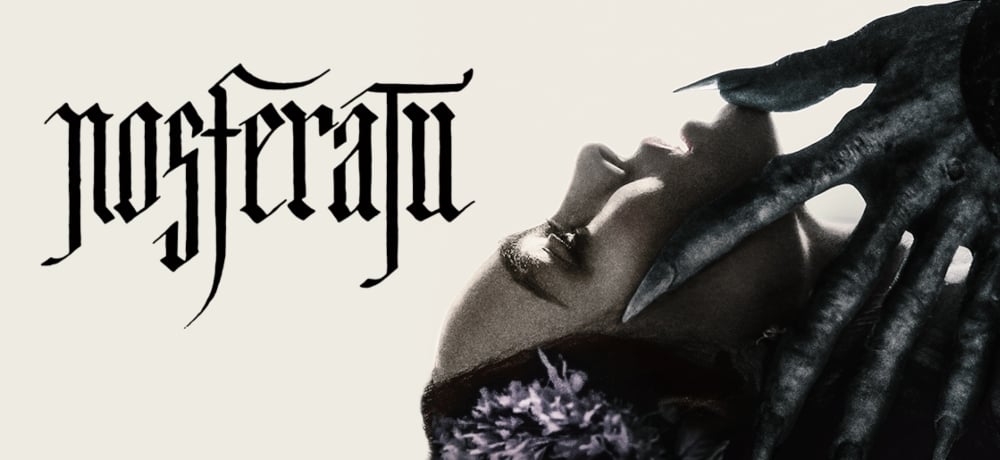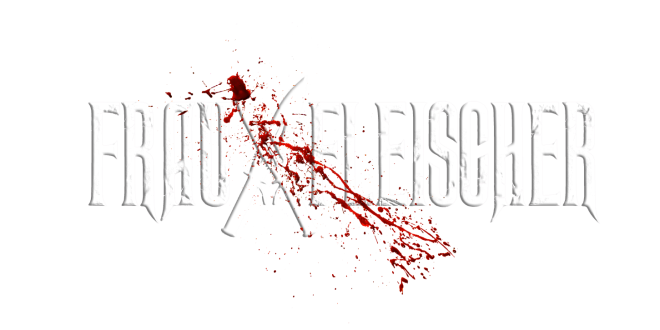‘Lost Highway’ Arrives in Long-Awaited HD [Criterion 4K Review]
![‘Lost Highway’ Arrives in Long-Awaited HD [Criterion 4K Review] ‘Lost Highway’ Arrives in Long-Awaited HD [Criterion 4K Review]](https://wickedhorror.com/wp-content/uploads/2022/10/Lost-Highway.jpg)
He emerges from the faceless crowd of a house party. Robert Blake’s first unveiling as The Mystery Man warps the very world of the film itself. His approach toward the camera dissipates the dance music that has underscored the scene. In an eerie calm, with his tight-lipped smile stuck onto a face pasted with alabaster make-up, he metamorphosizes Lost Highway with the performance of a magic trick.
David Lynch, like any mythic magician, keeps his secrets close to the chest. The filmmaker sculpts in dreams like they are a physical material. Unseen hands made deepest black by material like mental charcoal hold the putty of the synapses. You watch as his films conjure scenarios–pulled from film noir and pulp paperbacks; soap operas and erotic thrillers–and yank them with diegetic force into the stratosphere of the subconscious. Even at his most instinctually abstract, his films never fail to elicit potent reactions amid boisterous swellings of the soul.
The Criterion Collection’s new–and much awaited–HD upgrade of Lynch’s 1997 feature Lost Highway is a gloriously welcome return to a film that has insistently sounded its black sheep’s baa for the past quarter century. A transitional work, lacking the clear exaggeration of film forms and social archetypes that defined Blue Velvet and Twin Peaks, the film instead renders remarkably similar material into a self-described “psychogenic fugue” of relentless darkness. Specifically, the first half of Lost Highway is ensconced in a visual blackness that houses unseen horrors. The deep-shadowed domestic interiors of the central couple’s life are of a mind blind to its own contents. By the time the film twists at the narrowed cross-section of a psychological lemniscate, the unfolding of the narrative has served not as elucidation, but as obfuscation. The deeper Lynch digs, the more elusive explicability becomes.
“Ars gratia artis”, indeed – and what more can you ask for?
Summations of Lynch can come across as charmingly hagiographic, replete with bewitching anecdotes about adopted Woody Woodpecker dolls and collections of dead insects. Contrarily, they too rarely commend his adeptness at harnessing talented actors at their very best. In Lost Highway for example, Robert Loggia is a stunning mixture of the horrific and the enticing, playing what comes across as a manifestation of the same evil force that spawned Blue Velvet’s Frank Booth and the supernatural antagonist Bob of Twin Peaks. But here Lynch’s life-long penchant for depicting obscure cosmical battles between inexpressible forces of good and evil is flatlined into a tenuous horizon of warbling evil. Lost Highway depicts that evil in conflict not with purity and beauty, but with itself. The tormented doppelgangers and dueling villains of the Rorschachian noir plot eat one another in a dazzling ouroboros. We get caught within, and infected by, their tangled web.
Meanwhile Blake, playing a character defined almost exclusively by inscrutability, is nonetheless indelible to an extreme. The micro-adjustments of his uncanny visage are jolting and enrapturing invitations to fruitless scrutiny. Holding the cumbersome and archaic image-making box of the camcorder, he is the ominous focus-puller of the dream machine’s sinewy strings. Like the iconic narrator of The Outer Limits’s menacing introduction, he controls the vertical and the horizontal.
Admittedly, Lynch’s films do joyously invite over-intellectualization. But any desperation to make linear narrative sense of that which is purposefully and meaningfully lacking such constraints only serves to underplay the pure sensational thrill of his work. The film is like celluloid strips passing through the gate of the projector – or those ominous dashes of yellow road-lines that whizz through us during the film’s bookending credits sequences. Whether we can keep up or not, it rollercoasters into infinity.
Lost Highway has stuck with me for close to two decades, despite my only having seen it once before as a teenager. That is no coincidence. Where it lacks the sheer emotional range present in Lynch’s most eternally rewarding works (among them Blue Velvet, Mulholland Dr., and Eraserhead) it possesses no shortage of ecstatic compositions, visceral terror, auditorial fascination, or command of the 20th century’s cinematic lexicon. The film is replete with sheer terror, raw and uncomfortable sexuality, rough violence. It careens with a harsh and wrenching flow that feels not unlike seasickness. It roars with a nihilism that embraces meaninglessness like the light at the end of the tunnel.
In restored glory Lost Highway brims with the indulgent feverishness of unfettered artistic honesty. It has aged incredibly gracefully. However, it remains Lynch’s most difficult-to-pin-down feature film. It defies classification or clarification. When you zig, it zags. But who would have it any other way?
Lost Highway is available now on 4K UHD+BLU-RAY COMBO and BLU-RAY through Criterion Collection.
Post Views:
1





